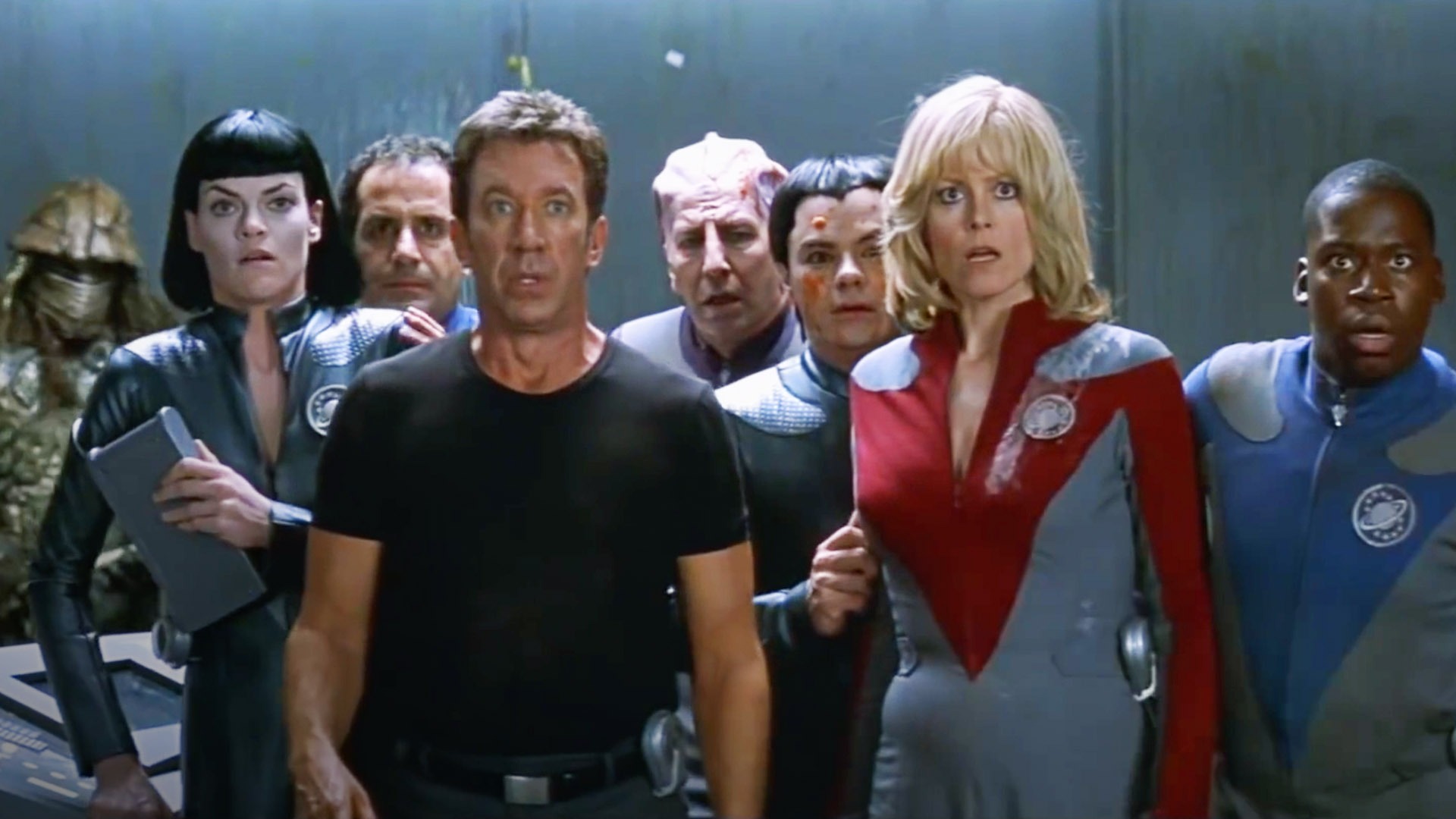[December 1, 2016]
Tom Hanks, creepy CGI Santa Clauses, and the theological canary in the coal mine
I've been making the point for a while now that the evangelical movement
that I grew up with in the Bible Belt is radically different from the
evangelical movement of today. I was aware that something was changing
for a while, but the nature and the extent of the change crystallized
for me when I read this 2004 article from Slate:
Next Stop, Bethlehem?
By David Sarno
The Polar Express is the tale of a boy's dreamlike train ride to the North Pole to meet Santa Claus. Like all stories worth knowing, it's rich enough in image and feeling to accommodate many interpretations. Chris Van Allsburg, the author of the book, calls his story a celebration of childhood wonder and imagination. William Broyles Jr., one of the screenwriters of this year's film version, calls it a kind of Odyssey in which a hero undertakes a mythic, perilous journey of self-discovery. And Paul Lauer, who is a key player in the film's marketing apparatus, sees The Polar Express as a parable for the importance of faith in Jesus Christ.
Lauer's firm, Motive Entertainment, is best known for coordinating the faith-based marketing of The Passion of the Christ. Motive helped spread early word of mouth about the filmby holding screenings for church groups and talking the movie up to religious leaders. When The Passion took in a stunning $370 million at the box office, making it the highest-grossing R-rated film in history, Lauer and his cohorts got a lot of the credit. Earlier this year, Motive was hired by Warner Bros. to promote The Polar Express to Christians. But wait, is The Polar Express an evangelical film?
You'd certainly think so, considering the expansive campaign of preview screenings, radio promotion, DVDs, and online resources that Lauer unfurled in the Christian media this fall. This Polar Express downloads page includes endorsements from pastors and links to church and parenting resources hosted by the Christian media outlet HomeWord. There are suggestions for faith-building activities and a family Bible-study guide that notes, for example, the Boy's Christ-like struggle to get the Girl a train ticket. "The Boy risked it all to recover the ticket," the guide observes. "Jesus gave His all to save us from the penalty of our sins."
HomeWord Radio, which claims to reach more than a million Christian parents daily, broadcast three shows promoting the film. At one point, the show's host wondered excitedly if the movie "might turn out to be one of the more effective witnessing tools in modern times." Motive also produced a promotional package that was syndicated to over 100 radio stations in which Christian recording artists like Amy Grant, Steven Curtis Chapman, and Avalon talked about the movie as they exited preview screenings.
…
Some audience members—and a few Christian film critics—would argue that Santa Claus isn't necessarily a stand-in for Jesus Christ. Last month, Lauer told the Mobile Register that he sees The Polar Express as a parable, "not a movie about belief in God." But when Lauer speaks to a Christian audience, he tells a different story. Lauer told HomeWord Radio that when he asked Robert Zemeckis about all the biblical parallels he was seeing in the film, the director "winked and said, 'Nothing in a movie this big ends up in the script by accident.' " (Zemeckis was traveling and wasn't available for comment.)
This is a spectacular example of getting the pertinent details of the story right and yet completely missing the point. In another piece, the understatement of “Santa Claus isn't necessarily a stand-in for Jesus Christ” would be sharply comic but Sarno seems to be completely oblivious to the joke.
I know we overuse the clip of the minister gunning down Santa in the middle of a children's sermon, but it illustrates an important point.
[Clip missing because Viacom feels that fair use laws don't apply to them.]
Over the past few years the evangelical movement has abandoned the majority of its most deeply held theological beliefs (think of how doctrinal differences with Catholics and, even more notably, Mormons have been put aside). It is not at all coincidental the beliefs that were abandoned were uniformly inconvenient from a political standpoint. The conservative movement has both weaponized and secularized the evangelical movement with remarkable success.
Traditionally, evangelicals were more concerned with the potential corruption of their own religion (frequently to the point of paranoia) than with what others were practicing. Christmas was a particularly hot-button issue. In the eyes of several good Southern Baptist ministers, the holiday had become unacceptably commercial, cultural rather than religious, and, in many ways, pagan. Most of the music, imagery, and traditions had nothing to do with the nativity, the "reason for the season." Often, this general hostility toward secular Christmas celebrations focused on Santa Claus.
Like many religious practices, the no-Santa rule could look a bit silly when viewed from the outside, but there's nothing unreasonable about adherents of a particular faith wanting to maintain what they see as the original meaning of a religious holiday. Growing up, I found these attitudes and the little lectures that often accompanied them painfully annoying, but, even though I disagreed, I could see where they were coming from from a theological standpoint.
Now evangelicalism is a religious movement stripped of its religious elements. There is no scriptural foundation for tax cuts for the rich, deregulating greenhouse gases, or Donald Trump, but those are the defining issue of the movement of today.
Of course, evangelicals are not monolithic. There are many within the movement, some in positions of authority, who object to these obvious deviations from their original core principles. There are indications that the resistance is gaining momentum, and it is entirely possible that in a few years we will have to rethink our assumptions about evangelical Christians and politics. For now, though, this is a cultural (social reactionary) and political (far right) movement, not a religious one, and trying to think of it in any terms that these is misguided.




















